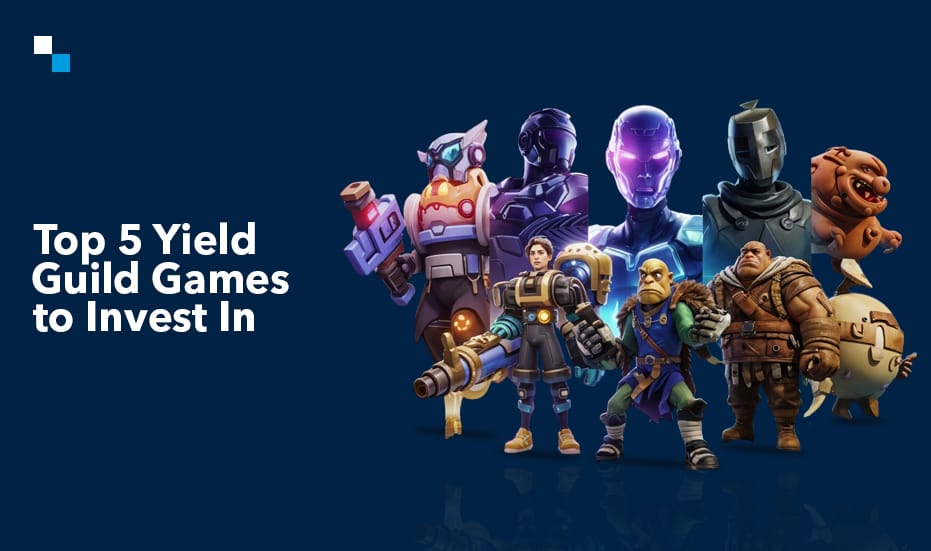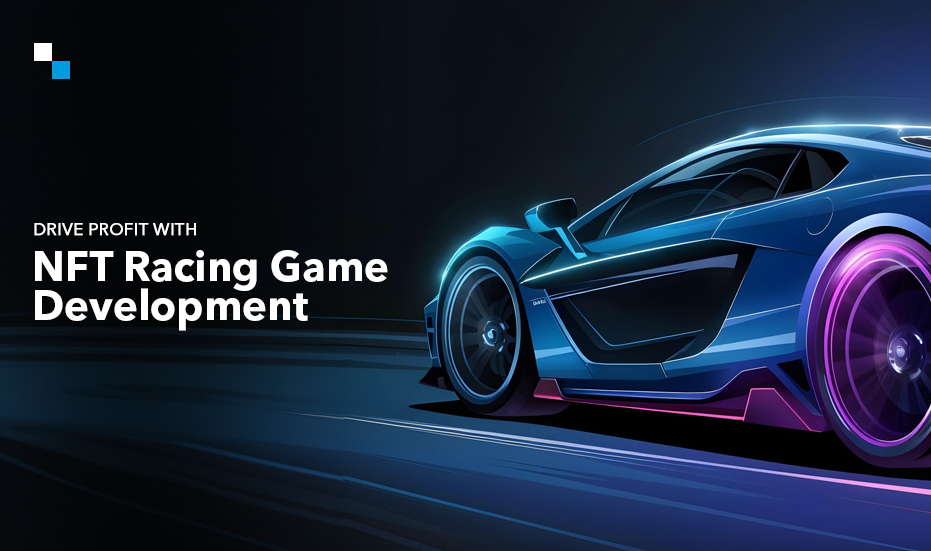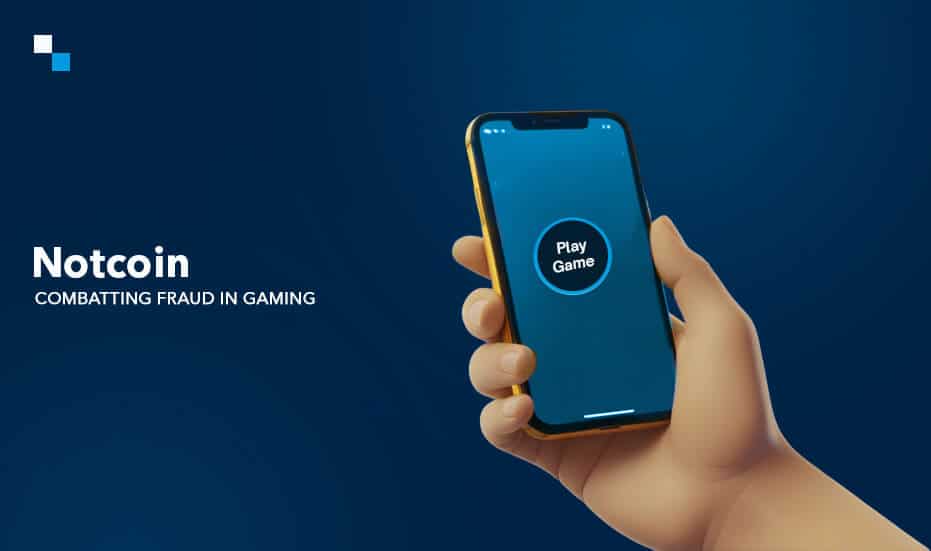
Why does your Crypto Exchange in the United Arab Emirates need a Crypto Market Maker?
July 26, 2022
How Much Does it Cost to Create a DeFi Crypto Wallet?
July 26, 2022In a number of fields, the introduction of NFTs has made its mark. People’s interest in NFTs has considerably grown as a result of this. Businesses are investing in NFT marketplace development because they believe that the NFTs will deliver great success in the long term. However, relying only on a few large blockchains is an outdated strategy. Choosing not to use them will limit their development and impact compatibility.
In this blog, we will learn about multi-chain NFT marketplace development. We will also cover how white label multi-chain NFT marketplace development can lead to developing a perfect product with lightning speed and minimal resources.
What is a multi-chain NFT marketplace?
A multi-chain marketplace is an online platform wherein NFTs built on different blockchains can be traded on the same portal. It makes it easier for users to buy and sell NFTs as they can trade different NFTs from the same interface. As of now, popular marketplaces like OpenSea and Rarible support 2 blockchains.
Let’s explore what all major blockchains are being used in the development of NFT marketplaces.
-
- Ethereum
one of the most prominent blockchains in the realm of cryptocurrencies is Ethereum. Because Ethereum is considered the most reliable and secure blockchain, numerous programmers and investors want to use it to create dApps on it.
-
- BSC
The Binance Smart Chain (BSC) works concurrently with the Binance chain. This makes it possible for the BSC to support the cryptocurrency industry as a dual architectured chain. While developing NFTs, decentralized applications, and smart contracts, BSC can be very helpful. It is also preferred by many developers across the world due to its robustness.
-
- Polygon
Crypto aficionados regard Polygon as a very strong protocol that can fully leverage Ethereum and Ethereum-based technologies. The direct layer two Ethereum blockchain protocol called Polygon is attempting to address all of Ethereum’s shortcomings. It is a must-have blockchain in a multichain NFT marketplace ecosystem.
-
- Solana
The crypto ecosystem has only recently welcomed Solana Blockchain. With a block time of under 400 milliseconds, this blockchain is capable of executing upwards of 50,000 transfers per second (TPS). This network is perfect for markets that demand a high degree of protection and capacity building without jeopardizing the fundamentals of the blockchain.
-
- Avalanche
Another blockchain called Avalanche is built on smart contract technology. With this blockchain, trading fees are kept to a minimum and processing speeds are prioritized. These benefits are accomplished without endangering safety or decentralization.
The white-label solution has become popular recently in the crypto market. It is a market-ready platform that can be easily customized as per a brand. White label NFT marketplace development enables businesses to quickly launch their marketplace among their target audience.
Develop your own Multi-Chain NFT Marketplace
Schedule Free DemoAn efficient approach
One could be curious about the advantages of white-label NFT marketplace development over conventional development. Here are a few details to support your argument.
- It is a pre-coded solution that is created from a framework that already existed, simplifying the project development and lowering the amount of capital needed.
- The framework has previously been examined for flaws and fixed, which cuts down on the testing time.
- It is flexible enough to allow for any degree of customization, creating a unique platform on top of a cloned architectural basic framework.
- Personalization can go as far as selecting the chosen blockchain for creation, deciding the capabilities, modifying the popular one and upgrading the present characteristics, or even designing entirely new functionalities.
- It only requires the time for the modification, cutting the time required for the complete programming and debugging processes. The degree of modification influences the overall time it takes to develop a solution.
- This procedure is a good choice for business start-ups and cryptocurrency firms because it uses limited tools and substantially reduces the cost of development.
The NFT industry is seeing a shift towards white label multi-chain NFT marketplace development. The platform’s flawless performance is determined by major influencing factors, including the following:
- The system’s procedure must be simple enough for new users to comprehend.
- It’s crucial to have straightforward, distinctive, and self-explanatory functions that make it easier for people to navigate the platform for a greater user experience.
- The safety of the NFTs a subscriber owns is governed by wallet functionality, which is another key factor. The user experience will depend on whether a current web 3.0 wallet is integrated or a new native wallet is created.
- The second important consideration is the mode of transaction. It is crucial to provide customers with a variety of conventional and cryptocurrency payment alternatives, enabling it simpler for them to transact NFTs.
- It is crucial to provide customers with a variety of conventional and cryptocurrency payment alternatives, making it easier for them to transact NFTs.
- The system as a whole is affected by picking the appropriate NFT marketplace company, hence great consideration must be given prior to selecting them.
Conclusion
Are you preparing to enter the NFT industry? Develop a robust NFT marketplace for the launch of your company by honing your concepts. One of the safest alternatives will be white label multi-chain NFT marketplace development. You can begin making plans to establish a multi-chain NFT platform right away. You just have to contact an expert blockchain and NFT marketplace company that has expertise in managing multi-chain initiatives.



